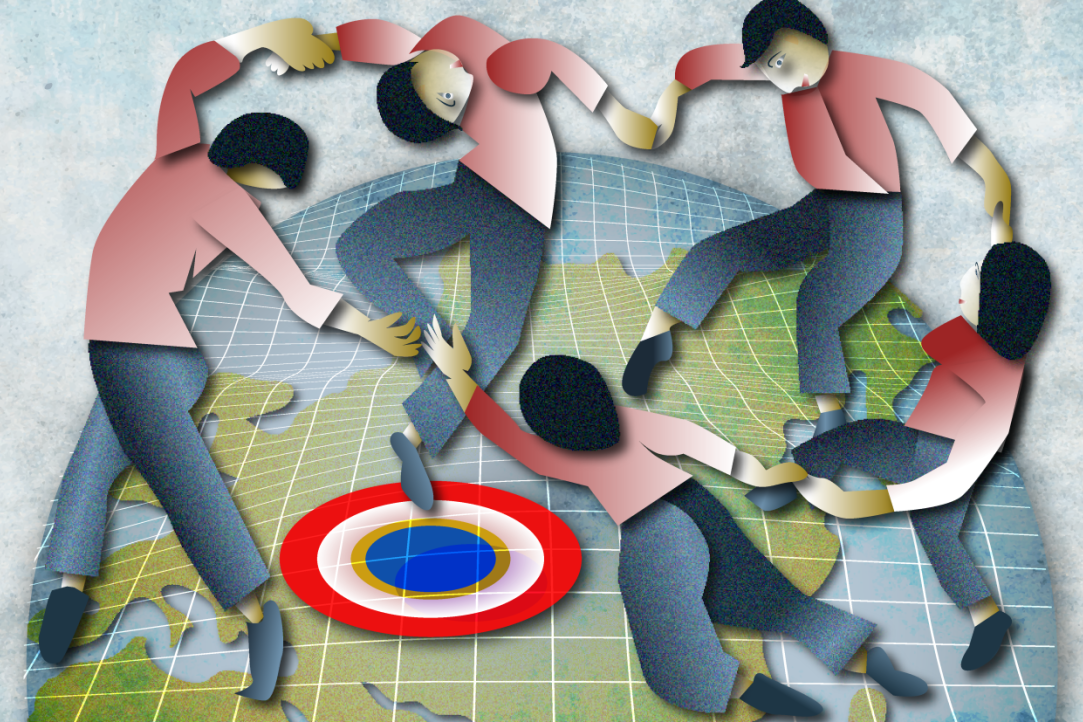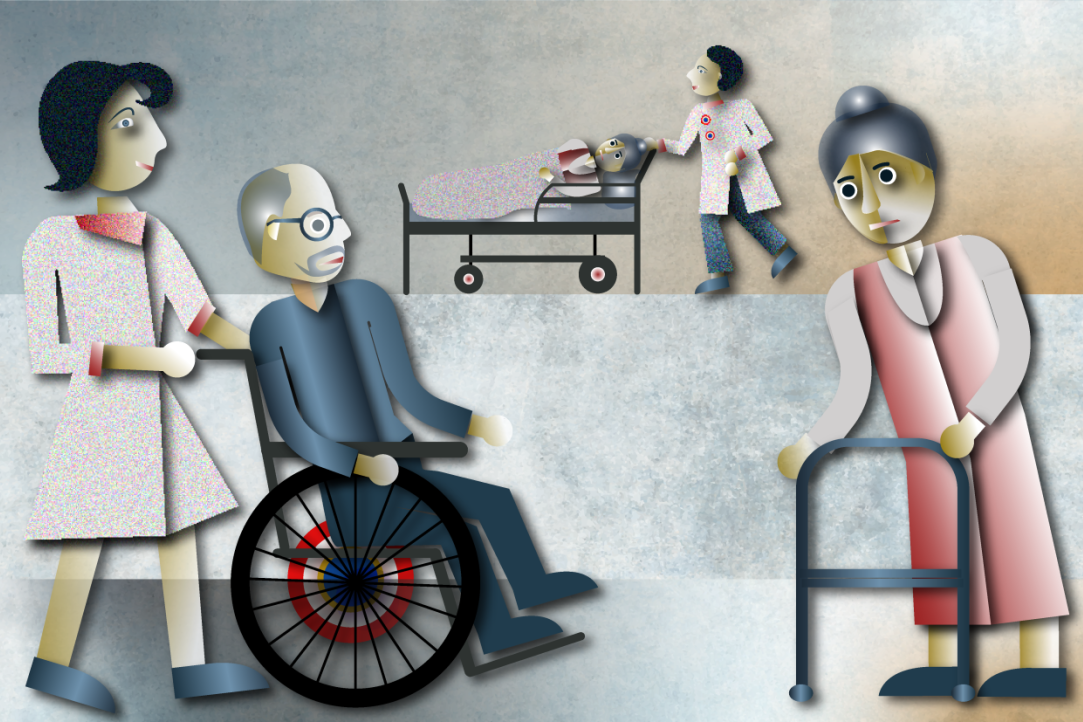
Media Portraits of High-Achieving Women
Women who have made it to the top in business often look back to analyse what has helped — or hindered — their advancement in this highly gendered environment. Shared through mass media, their reflections can provide helpful guidance to other aspiring businesswomen on what it takes to succeed. HSE sociologists have examined relevant media discourse and identified ten key factors of women's business leadership.

No Head in the Clouds: Survey Results Refute Stereotypes of Young People
In the run-up to Youth Day, IQ.HSE studied the results of an all-Russian survey by the Centre for Studies of Civil Society and the Nonprofit Sector. Sociologists studied the role of young people in charity and volunteering. What do they sacrifice for the sake of their neighbours — and are they prepared to do it in general? For those who think that young people have their heads in the clouds, the answers will be unexpected.

Big Winners: Very Obese Gamers Perform Better in Long-Term eSports Competitions
Researchers from HSE University and the Norwegian University of Science and Technology compared the performance of eSport gamers of different weight categories. Despite the fact that this study looks at computer games, it touches on the broader issue of including obese individuals in modern work activities that are often associated with computer technology.

Card Index: Climate Migration
Natural disasters and long-term climate change processes, from rising sea levels to melting glaciers to soil degradation, are causing people to move to safer locations not yet affected by food and water shortages. Recently, climate migration has been on the rise globally due to environmental changes. What territories are more likely than others to experience out-migration, and why? A report co-authored by Associate Professor of the HSE Faculty of Geography and Geoinformation Technology Yulia Kuznetsova offers some ideas.

HSE University Researchers Learned to Measure People’s Attachment to Home
A group of HSE University researchers (Sofya Nartova-Bochaver, Sofya Reznichenko, Milana Hachaturova and Victoria Erofeeva) and their international colleagues validated the Short Home Attachment Scale (SHAS), a useful tool in cross-cultural research. The SHAS makes it possible to study the level of home attachment in different countries and its influence on individuals’ well-being.

HSE University Reports New Findings on Links between Job Satisfaction and Life Satisfaction
Natalia Soboleva has examined the impact of various factors on the link between job satisfaction and life satisfaction. Using data from the European Values Study, she found the association between job satisfaction and life satisfaction to vary across sociodemographic characteristics. In particular, job satisfaction contributes more significantly to life satisfaction for men compared to women, while being married weakens the association between job satisfaction and life satisfaction. The paper is published in the International Journal of Sociology and Social Policy.

Eurasian Barriers: Obstacles to International Economic Integration in the Post-Soviet Space
The creation of the Customs Union and the Eurasian Economic Union (EAEU) contributed to the development of mutual trade between their member countries. That process picked up pace significantly starting in 2019. Still, it is too early to say that the efforts by EAEU member states to achieve economic integration have been an unqualified success. This problem is the focus of a joint report that a group of experts from Russia (HSE), Kazakhstan, Belarus, Armenia and Kyrgyzstan presented at the XXIII Yasin International Academic Conference organised by HSE University in April.

The Desire to Confirm One’s Point of View Contributes to Trust in Fakes, Even Among Professional Journalists
Kirill Bryanov and Victoria Vzyatysheva, researchers at the HSE Laboratory for Social and Cognitive Informatics in St. Petersburg, studied factors that influence people’s perceptions of fakes, as well as their ability to distinguish false information from reliable.

Long-awaited Long-term Care
The number of older persons and their life expectancy are on the rise in many countries worldwide. As they age, some people need assistance with daily living activities, something their family is not always capable of providing. This creates a demand for professional long-term care that integrates medical and social services. How Russia can benefit from other countries' experience of providing public long-term care is discussed in a report* presented by the HSE Centre for Social Policy Studies at the XXIII Yasin International Academic Conference on Economic and Social Development hosted by the HSE University.

Card Index: City as a Palimpsest
Any cultural landscape is a narrative or a story. A big, modern city with its multiple contesting meanings and social practices, an ongoing dialogue of different eras, and physical spaces coexisting with imaginary ones can be compared to a complex, multi-layered text. A recent paper by Ivan Mitin, Associate Professor in the Faculty of Urban and Regional Development, portrays the big city as an enormous, continuously updated manuscript.

